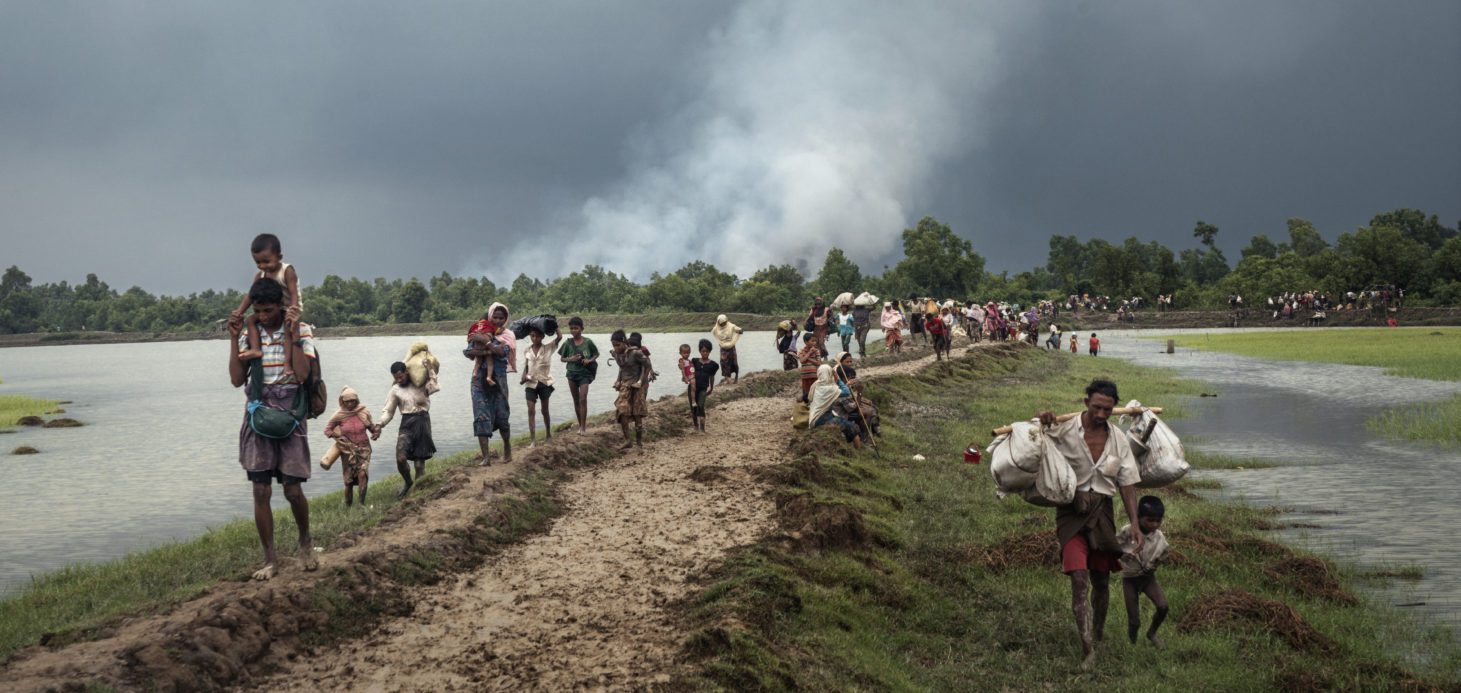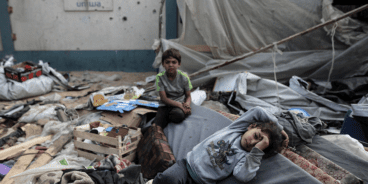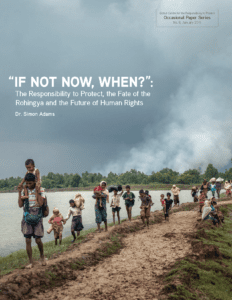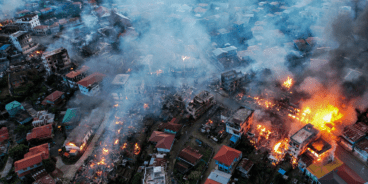

“If Not Now, When?”: The Responsibility to Protect, the Fate of the Rohingya and the Future of Human Rights
On 9 and 10 December 2018 the United Nations celebrated the seventieth anniversary of two of its most significant early political achievements – the adoption of the Convention on the Prevention and Punishment of the Crime of Genocide and the Universal Declaration of Human Rights. But celebrations in New York, Geneva and elsewhere recognizing this historic landmark occurred at a time when the entire post-1945 fabric of universal rights and multilateral diplomacy appeared to be unraveling.
Since 2011 the international community has been confronted by seemingly intractable civil wars in Syria, South Sudan and Yemen; endemic violence and instability in the Democratic Republic of the Congo and Central African Republic; the rise of the so-called Islamic State, Boko Haram and other armed extremist groups; as well as deteriorating and deadly human rights situations in Burundi, Cameroon, Venezuela and elsewhere. In the midst of this turmoil there has been a general erosion of respect for international law, with the use of chemical weapons becoming increasingly normalized in Syria, and assaults on schools and other civilian infrastructure now routine in a number of conflicts.
In this occasional paper from the Global Centre for the Responsibility to Protect, Dr. Simon Adams tests the resilience of the international community’s commitment to defending human rights and upholding its Responsibility to Protect populations from genocide, ethnic cleansing, crimes against humanity and war crimes. The paper highlights the failure to respond to patterns of discrimination that eventually led to a genocide in Myanmar (Burma) during 2017. But it also draws attention to other recent situations, such as in the Gambia, when the international community seized the moment to respond in a timely and decisive manner to an emerging threat of devastating conflict. In doing so, Adams emphasizes that even when bodies such as the UN Security Council appear paralyzed and inert, a mobilized international community can still act to prevent atrocities, protect vulnerable populations, and hold the perpetrators accountable.
Related Publications



